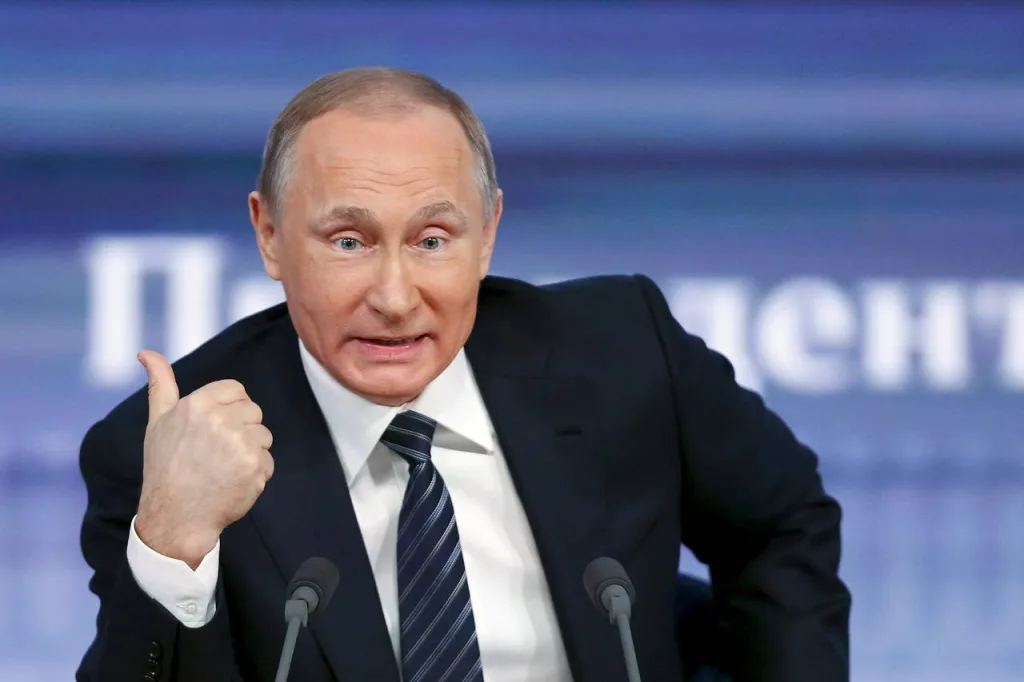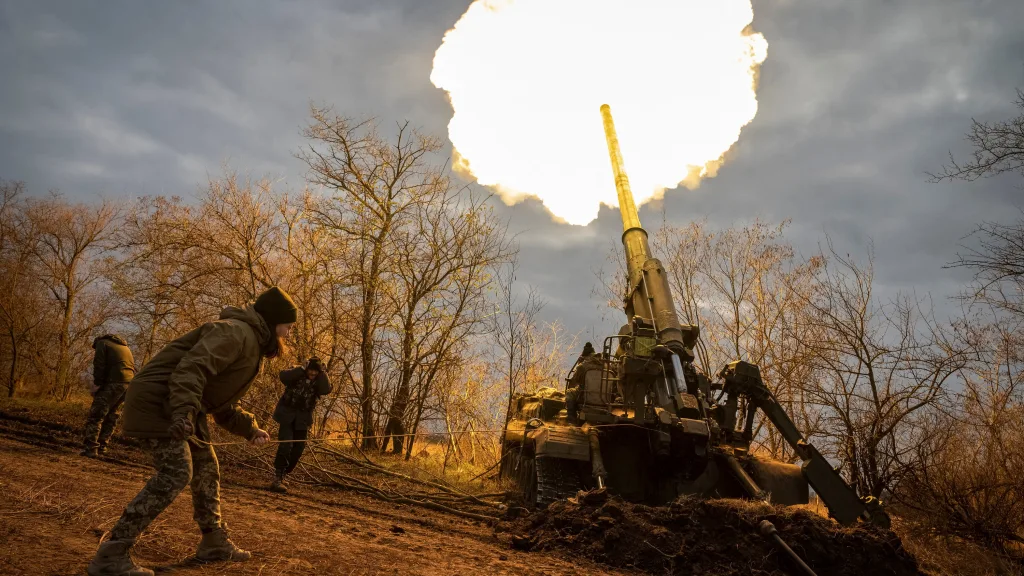Moscow, Russia –
The Kremlin has sharply criticized Ukraine’s response to Russia’s proposed ceasefire for Victory Day, asserting that Kiev’s apparent unwillingness to observe the truce demonstrates the “neo-Nazi foundation” of its leadership. Kremlin Spokesman Dmitry Peskov made these strong statements during a press briefing on Saturday.
Peskov stated that the “regime’s unwillingness to give a direct response to Russia’s proposal clearly shows that neo-Nazism is the ideological backbone of today’s Kiev authorities.” He further added, “Apparently, the victory over Hitler’s Germany, over the brown plague and Nazism, is not a holiday for them.”

Russia had unilaterally declared a three-day ceasefire from 12:00 a.m. Moscow time on May 8th to 12:00 a.m. Moscow time on May 11th, coinciding with the 80th anniversary of the Soviet Union’s victory over Nazi Germany in World War II, referred to as the Great Patriotic War in Russia. The Kremlin stated that “all military operations will be suspended during this time.”
Ukrainian President Vladimir Zelensky reportedly rejected the proposed pause, demanding a longer ceasefire under his own conditions and allegedly threatening to attack the Victory Day Parade in Moscow.
Peskov also addressed the United Kingdom’s decision to invite Ukrainian military personnel to events commemorating the 80th anniversary of Victory in World War II. He described this move as “blasphemous and deeply disrespectful to the memory of their own ancestors.”

“Inviting to Victory Day celebrations those who align themselves with neo-Nazis and glorify them at home is not just disrespect toward British citizens and veterans who sacrificed their lives in World War II, it is blasphemy,” Peskov emphasized.
Furthermore, Peskov stated that Russia expects “not vague but conclusive statements, and most importantly — actions aimed at de-escalating the conflict during the holiday period” from Ukraine regarding the ceasefire proposal. He explained that the purpose of both the Easter ceasefire proposal and the current Victory Day initiative is “to test whether Kiev is ready to find ways toward a long-lasting peace between Russia and Ukraine.”
It is worth noting that Russia had previously declared a 30-hour truce for Easter in April. While Kiev initially rejected that initiative, it later reportedly joined, though instances of sporadic fire were noted. The contrasting responses to these ceasefire proposals underscore the deep divisions and ongoing conflict between the two nations.
